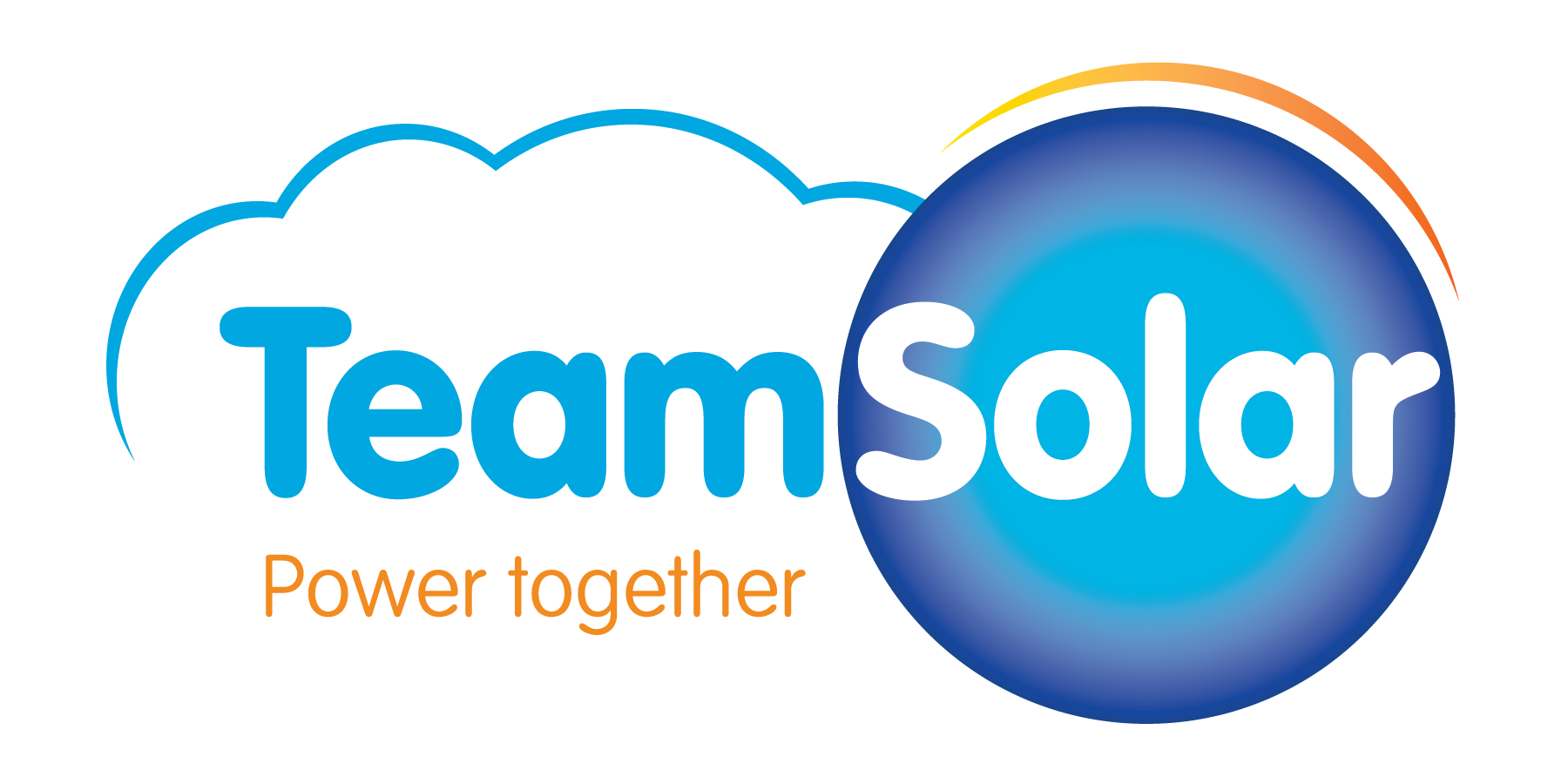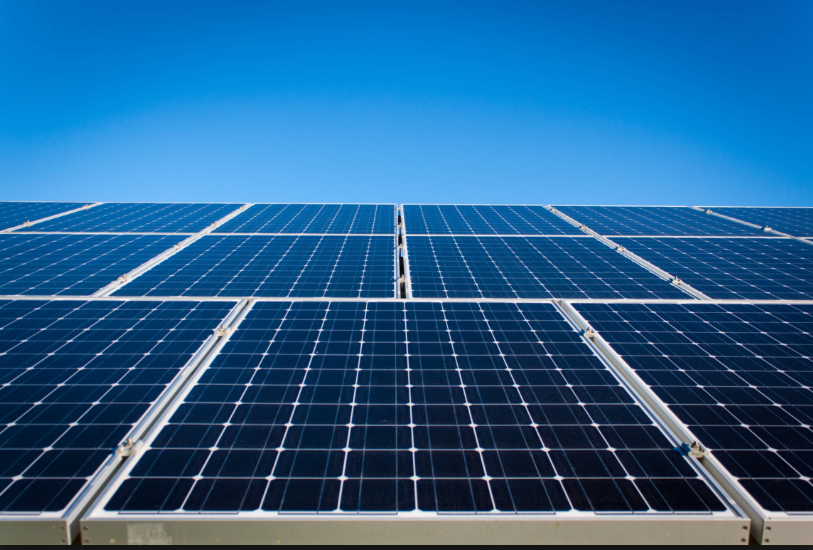Are you a Maine homeowner looking to take control of your energy costs while reducing your carbon footprint? Look no further! Team Solar is here to help you harness the power of the sun and make a positive impact on your home, your wallet, and the environment.
Optimism prevails over looming problems for the Solar Industry in Maine
The adoption of solar energy is becoming increasingly popular in Maine, with homeowners taking advantage of the state's Net Energy Billing program to reduce their electricity costs and carbon footprint. However, the solar industry still faces several challenges that need to be addressed to ensure sustainable growth. In this article, we will discuss some of the issues that currently plague the industry and the optimism we have about solving them.
Utility Infrastructure Upgrades
One of the main issues facing the solar industry in Maine is the need for utility infrastructure upgrades to support the integration of solar energy into the grid. The state's grid was not designed to handle the variability of solar energy, and upgrades are necessary to ensure a smooth transition to renewable energy. The upgrades are expected to be costly and require significant investment from utilities and government entities.
However, there is optimism that the issue will be resolved as more utilities adopt innovative technologies to manage the grid. For example, some utilities are testing the use of energy storage systems to stabilize the grid during peak solar production hours. Additionally, the state's Public Utilities Commission is working on updating regulations and policies to ensure that utilities can invest in the necessary infrastructure upgrades.
Increased Installation Capacity
Another challenge facing the solar industry in Maine is the limited installation capacity. The state has experienced an increase in demand for solar installations, but the number of qualified installers is not enough to keep up with demand. This has resulted in longer wait times for installation and higher installation costs.
However, the state government is taking steps to address this challenge by increasing the number of training programs for solar installers. Additionally, some solar companies are offering training programs to encourage more people to join the industry. With more qualified installers, the installation capacity in Maine is expected to increase, reducing wait times and lowering installation costs.
Allowing for More Participants
The solar industry in Maine also faces the challenge of allowing more participants, including rural Mainers and low-income individuals, to take advantage of solar energy. Rural Mainers may have limited access to financing options and face higher installation costs due to the location of their homes. Low-income individuals may also find it difficult to afford the upfront costs of solar installations.
Fortunately, there are several programs aimed at addressing this challenge. For example, the Efficiency Maine Trust offers rebates and financing options for low-income individuals to make solar energy more accessible. Additionally, the state is working on implementing community solar programs that allow individuals who cannot install solar panels on their own property to benefit from solar energy.
Addressing Split Incentive
Another challenge facing the solar industry in Maine is the split incentive between landlords and tenants. Landlords may not have the incentive to install solar panels because the benefits are passed on to the tenant in the form of reduced electricity costs. This makes it difficult to increase the number of solar installations in rental properties.
To address this challenge, the state is working on implementing policies and regulations that encourage landlords to invest in solar energy. For example, the state is considering providing tax incentives to landlords who install solar panels on rental properties. This would provide an incentive for landlords to invest in solar energy and benefit tenants in the long run.
In conclusion, the solar industry in Maine faces several challenges, including utility infrastructure upgrades, increased installation capacity, allowing for more participants, and addressing split incentives. However, there is optimism that these challenges can be overcome with the help of government entities, utilities, and solar companies. As more people adopt solar energy, the industry is expected to grow and become a significant contributor to Maine's clean energy goals.



